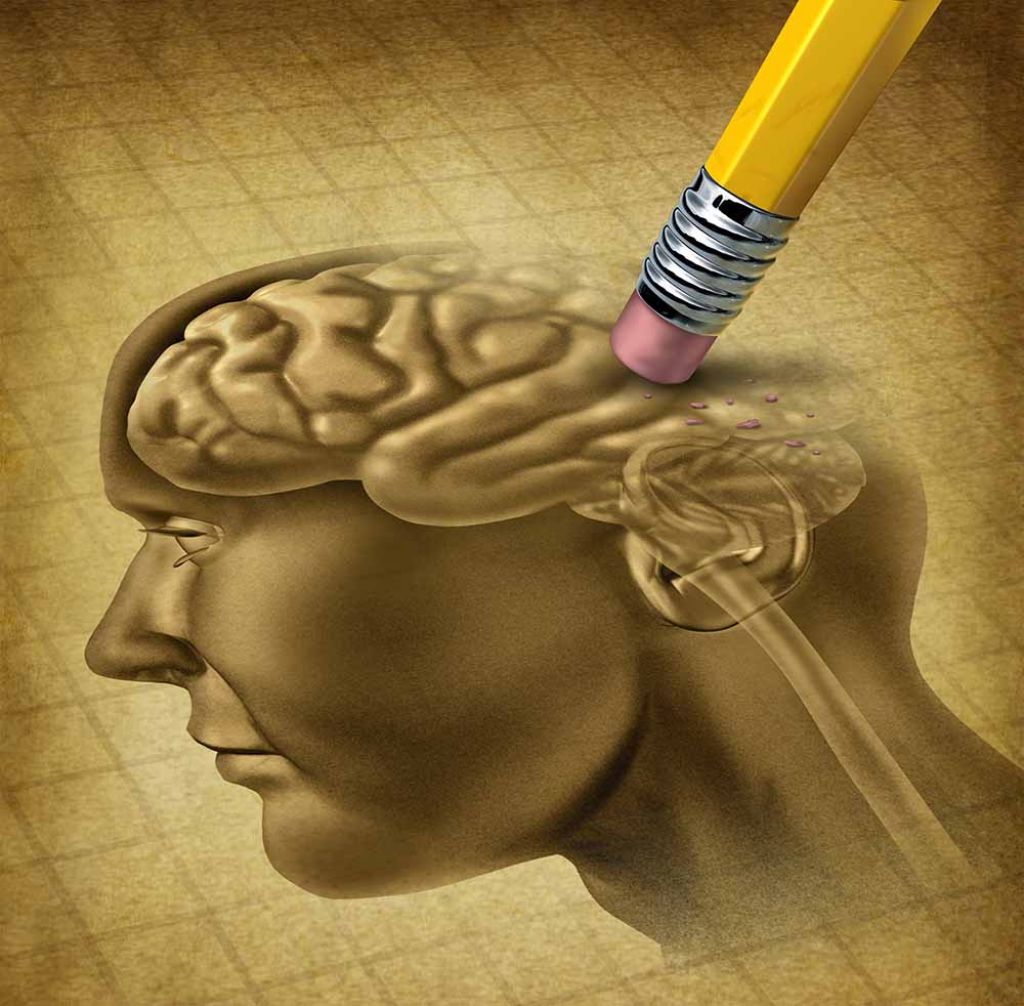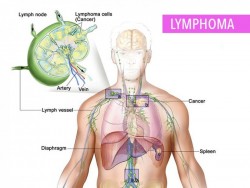
About 5.8 million Americans currently have Alzheimer's and this number could rise to around 14 million by 2050. With this increasing form of dementia, the medical community is working diligently to find preventative treatments.
While there is not a single cause for Alzheimer's, researchers have found that the disease is likely to be caused by a combination of genetic, lifestyle and environmental factors. While we can not do much about our genetics, it is believed that eating a healthy diet and doing physical and mental exercises early on helps to protect the brain down the line. And a new study published in JAMA Neurology has just come up with another way to lower your risk of disease: keep your cholesterol at bay.
The study found a link between high LDL cholesterol, also known as "bad" cholesterol, and early onset Alzheimer's disease, regardless of the genetic risks.
Early onset Alzheimer's disease is a rare form of the disease that people develop before the age of 65 (late onset Alzheimer's disease, the more common form, affects people over the age of 65). Previous research has suggested a link between Alzheimer's and high cholesterol, but less research has been done on the link between Alzheimer's and cholesterol levels.
The researchers sequenced genomes of 2,125 individuals, some of whom had early-onset Alzheimer's disease. They found that about 10% of Alzheimer's cases were initially explained by APOE E4, a gene mutation that is considered the most significant genetic risk factor for Alzheimer's disease. Another 3% could be attributed to gene variants that are often associated with early-stage Alzheimer's, but the remainder could not be explained.
Therefore, they tested people's blood cholesterol levels and found that people with high LDL levels are more likely to have early-onset Alzheimer's disease than people with lower LDL levels. Interestingly, this was even the case when genetics was deleted from the equation.
"One interpretation of our current data is that LDL cholesterol plays a causal role, and if so, we may need to revise the LDC cholesterol targets to reduce Alzheimer's risk, and our work is now focused on testing whether there is a causative cause. " Link, "said Dr. Thomas Wingo, lead author of the study, in a statement.
Cholesterol has a bad reputation, but in fact we need it to keep our cell structure in place (it also helps with digestion and hormone production). There are two types of cholesterol: HDL cholesterol, which helps the body remove LDL from the arteries. LDL is referred to as "bad cholesterol" because too much plaque can accumulate on the walls of our blood vessels, which can eventually lead to a heart attack.
If you're wondering if you have high LDL levels, you should get your doctor's test and talk about ways to lower your scores. In the meantime, you can eat foods that naturally help reduce bad cholesterol and increase good cholesterol. (Think of hemp seed, coconut oil and walnuts.) In addition to incorporating some of these options into your diet, more exercise and cleansing your environment of toxins can also help lower LDL.
Well, more research is needed to determine if high levels of LDL can cause Alzheimer's disease in the early stages. However, this study highlights the need to re-examine the potential risk factors associated with high LDL.
 What Happens When You Quit Smoking – A Timeline
What Happens When You Quit Smoking – A TimelineEvery year more than 7 million people die as a result o...
 Types Of Yoga, Which One Is Best For You?
Types Of Yoga, Which One Is Best For You?There are two types of people in the world - those who ...
 10 Amazing Health Benefits Of Apricot Juice
10 Amazing Health Benefits Of Apricot JuiceOriginally from China, the use of apricots began almost...
 Cheap & Healthy Shopping List for Students
Cheap & Healthy Shopping List for StudentsCheap & Healthy Shopping List for StudentsStaying o...
 This Honey, Lemon And Cinnamon Drink Will Help You Lose Pounds In A Week
This Honey, Lemon And Cinnamon Drink Will Help You Lose Pounds In A WeekThe most effective way to lose weight is to do aerobic ...
 What You Need To Know About Lymphoma
What You Need To Know About LymphomaLymphoma is a cancer of the lymphatic system. It affect...
 This Honey, Lemon And Cinnamon Drink Will Help You Lose Pounds In A Week
This Honey, Lemon And Cinnamon Drink Will Help You Lose Pounds In A WeekThe most effective way to lose weight is to do aerobic ...
 Colon Cancer: Could Exercise Halt Tumor Growth?
Colon Cancer: Could Exercise Halt Tumor Growth?New research published in the Journal of Physiology sug...